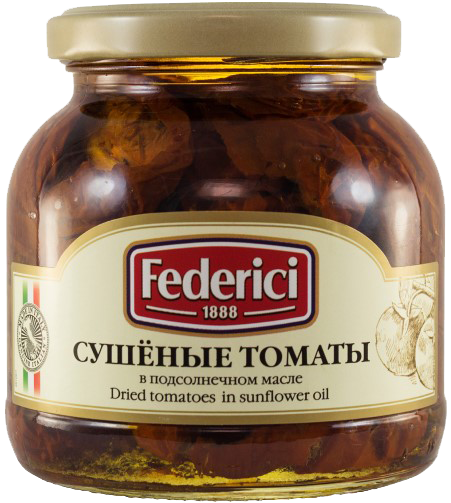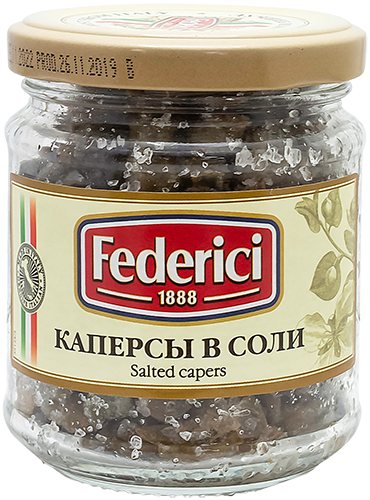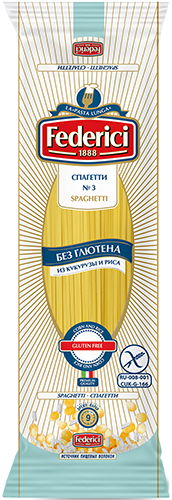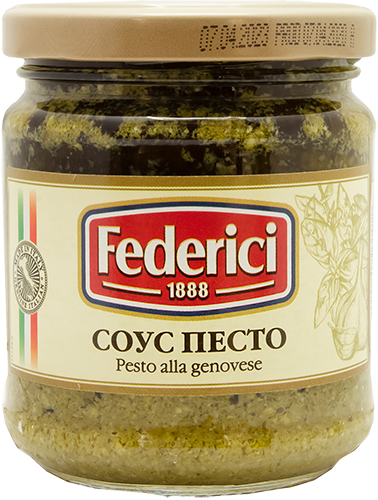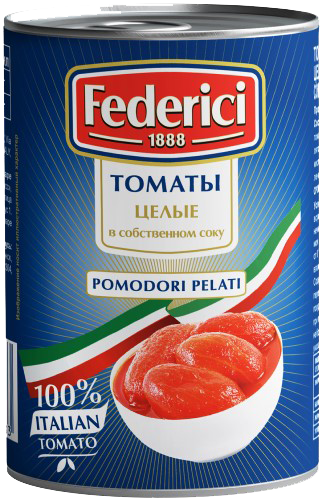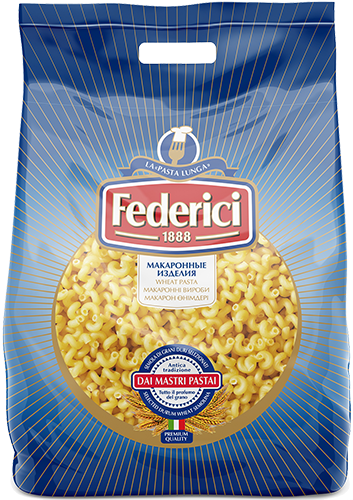


Canned vegetables and fruits play an important role in a healthy diet. Canned vegetables provide us with many essential nutrients and can be healthier than out-of-season fresh produce purchased at supermarkets. Are there any benefits to eating canned vegetables, or do they lose their natural qualities during processing? We’ll share some facts that will help answer important questions about the health benefits of canned vegetables.
Some features of canning
Are canned vegetables healthy? The following facts will help answer this question:
- Canned vegetables contain minimal amounts of fat, calories, and cholesterol, making them a staple in the diet of people of all ages;
- Canning vegetables preserves many vitamins and nutrients, including potassium, dietary fiber, folate, and vitamins A and C.
- Canned vegetables are the foundation of an overall healthy diet and can reduce the risk of heart disease, stroke, type 2 diabetes, high blood pressure, and certain cancers.
Most vegetables (tomatoes, asparagus, peppers, cucumbers, corn) are seasonal. Therefore, they can be consumed year-round, fresh (grown in greenhouses), frozen, or canned. The average consumer, looking to preserve fruits and vegetables in their diet year-round, may believe that fresh or frozen varieties are the healthiest options. But this is not necessarily the case.
Benefits of Canned Vegetables
The main advantage of canning is that vegetables retain the same amount of nutrients as fresh and frozen foods. Some types of canned vegetables (green beans, cabbage) even contain more vitamins and minerals than fresh ones. Simple processing technology makes canned vegetables affordable and accessible to everyone. Canning vegetables is beneficial because they:
- have a longer shelf life, are ready to eat, and are convenient to use in cooking;
- are usually less expensive, allowing you to save money and buy other groceries;
- are made from exceptionally ripe, naturally grown ingredients. Vegetables are processed within a few hours of harvest, making them not only healthy but also delicious;
- are completely safe—the canning process involves heat treatment of both raw materials and prepared ingredients. This prevents the emergence and development of pathogenic microorganisms, which are the main cause of food poisoning.
The amount of minerals, fat-soluble vitamins, proteins, fats, and carbohydrates remains relatively unchanged during the canning process. Heat treatment can reduce the amount of water-soluble vitamins (B vitamins) in canned vegetables. However, the heating process, which can be harmful to some vitamins, sometimes increases the antioxidant content. Canned tomatoes contain more lycopene, which is essential for eye health, than fresh tomatoes.
Choosing the Right Way
While canned vegetables can be affordable and convenient to store, there are factors that can indicate not only the benefits but also the risks of canned foods. When purchasing canned vegetables, look for products that are free of artificial ingredients and preservatives, and those labeled “low salt.” Draining and rinsing canned beans and legumes can also help reduce the sodium content.
Avoid cans with dents, bulges, cracks, or leaks. These may indicate the presence of botulism bacteria. Damage to the can can allow air in, creating an ideal environment for the growth of Clostridium botulinum. These bacteria are more common in home-canned foods when the vegetables are not properly cooked or sealed. Manufacturers selling canned goods for commercial purposes strictly monitor the processing process and confirm its quality with appropriate certificates.
Our products
Мы стремимся предложить Вам наилучший сервис при работе с нашим сайтом. Для этого мы собираем и храним информацию о Вашем посещении сайта. Так называемые cookies. Файлы cookies не собирают и не хранят никакую личную информацию о Вас. Используя этот сайт, Вы даете согласие на использование cookies. На данном этапе Вы можете отказаться от использования cookies, настроив необходимые параметры в своем браузере.


